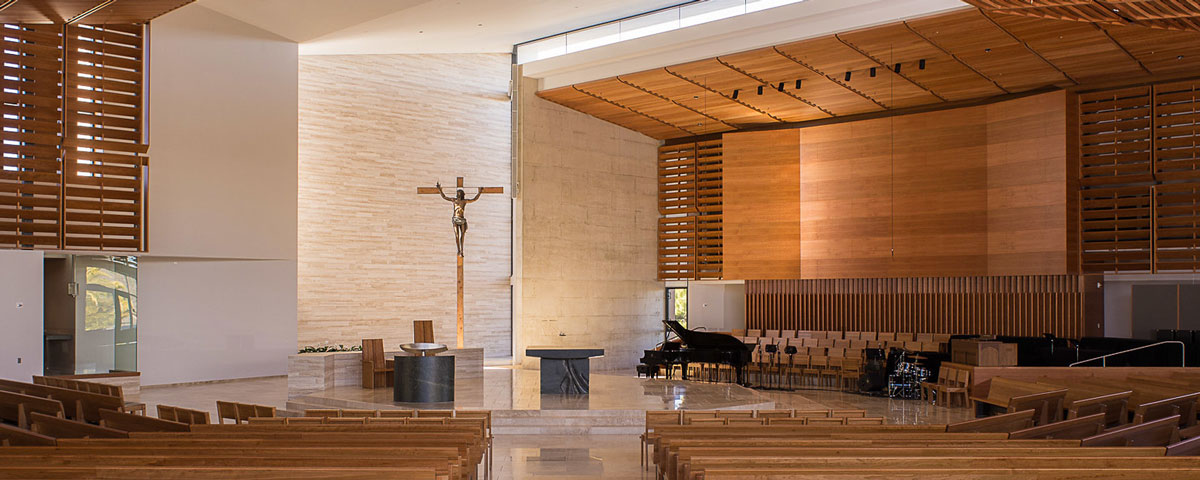A number of years ago the late Joseph Cardinal Bernardin, Archbishop of Chicago, coined the phrase, “The Seamless Garment”. It was a reference to the moment right after the death of Jesus on the cross when the soldiers decided to divide the garments of Jesus. They realized His tunic was seamless and rather than try to tear it apart, they cast lots for the entire garment: “When the soldiers had crucified Jesus, they took his clothes and divided them into four shares, a share for each soldier. They also took his tunic, but the tunic was seamless, woven in one piece from the top down. So they said to one another, ‘Let’s not tear it, but cast lots for it to see whose it will be,’ in order that the passage of scripture might be fulfilled (that says): ‘They divided my garments among them and for my vesture they cast lots.’ This is what the soldiers did.” (John 19: 23 – 25)
Cardinal Bernardin used the concept of the seamless garment to talk about “Pro-life” issues. His point was that if we are to be pro-life, we must be seamlessly pro-life on all the issues, not just abortion. If we care about life in the womb, we must also care about life outside the womb.
I share with you recent quotes from Pope Francis from his Exhortation, “Gaudete et Exsultate,” “Rejoice and Be Glad,” in which he approaches these issues with the concept of the “Seamless Garment.” This Exhortation was signed by Pope Francis on March 19, 2018:
Pope Francis: Helping Poor and Migrants Is
‘Equally Sacred’ As Fighting Abortion
“Our defense of the innocent unborn, for example, needs to be clear, firm and passionate…equally sacred, however, are the lives of the poor, those already born, the destitute, the abandoned and the underprivileged, the vulnerable infirm and elderly exposed to covert euthanasia, the victims of human trafficking, new forms of slavery, and every form of rejection…
We cannot uphold an ideal of holiness that would ignore injustice in a world where some revel, spend with abandon and live only for the latest consumer goods, even as others look on from afar, living their entire lives in abject poverty…”
He added that he’s often heard Catholics talk about the plight of migrants as a “lesser issue,” compared to certain “bioethical” concerns. In what looked like an admonishment of anti-refugee sentiment among Christians in Europe and the U.S., Francis condemned the idea that defending migrants should be a secondary concern.
“That a politician looking for votes might say such a thing is understandable, but not for a Christian, for whom the only proper attitude is to stand in the shoes of those brothers and sisters of ours who risk their lives to offer a future to their children…
Can we not realize that this is exactly what Jesus demands of us, when he tells us that in welcoming the stranger we welcome him?” (Matthew 25:35)…
Francis criticized those who focus only on doctrine without demonstrating mercy and compassion.
“Not infrequently, contrary to the promptings of the Spirit, the life of the Church can become a museum piece or the possession of a select few. This can occur when some groups of Christians give excessive importance to certain rules, customs or ways of acting. The Gospel then tends to be reduced and constricted, deprived of its simplicity, allure, and savor.”



